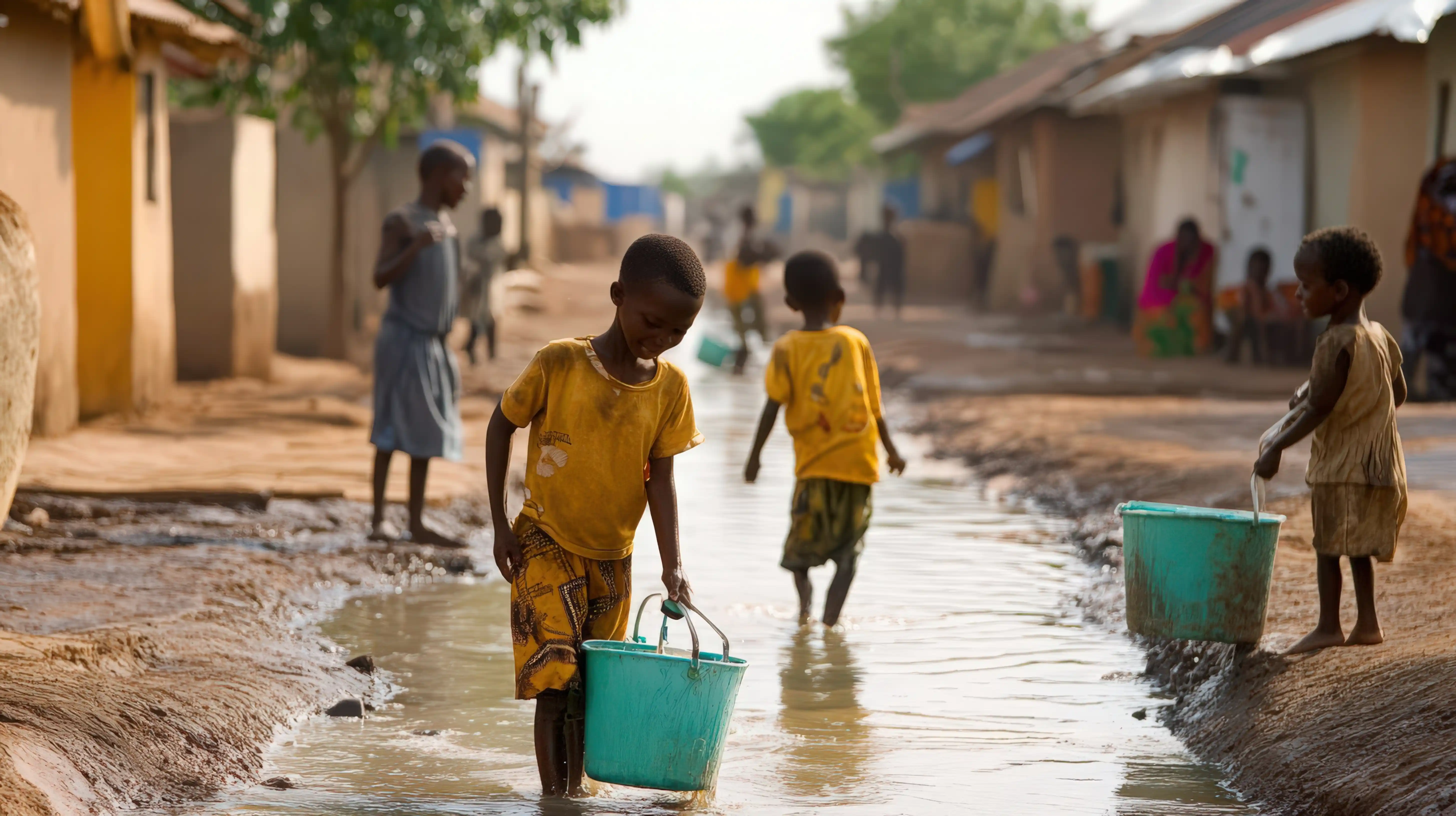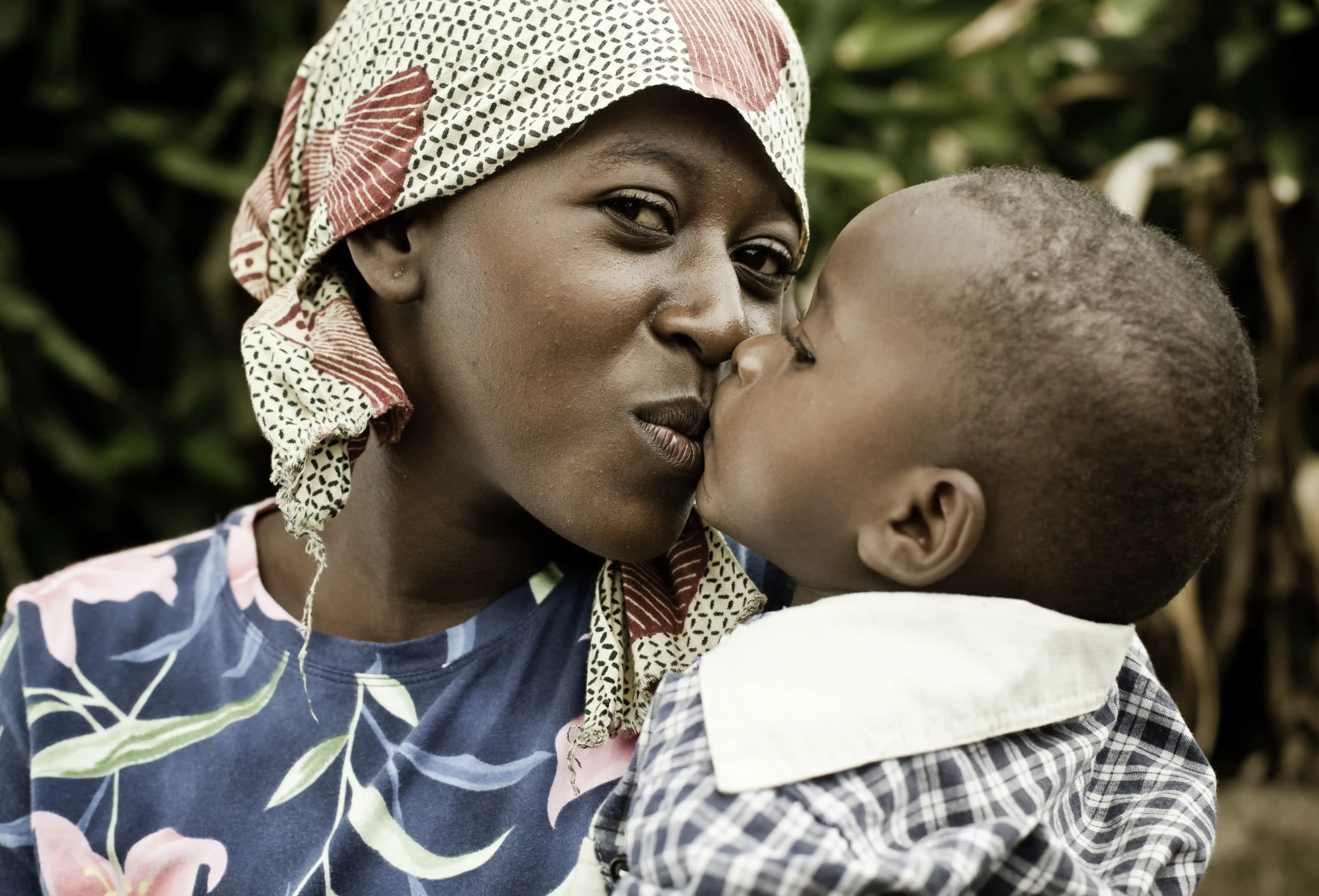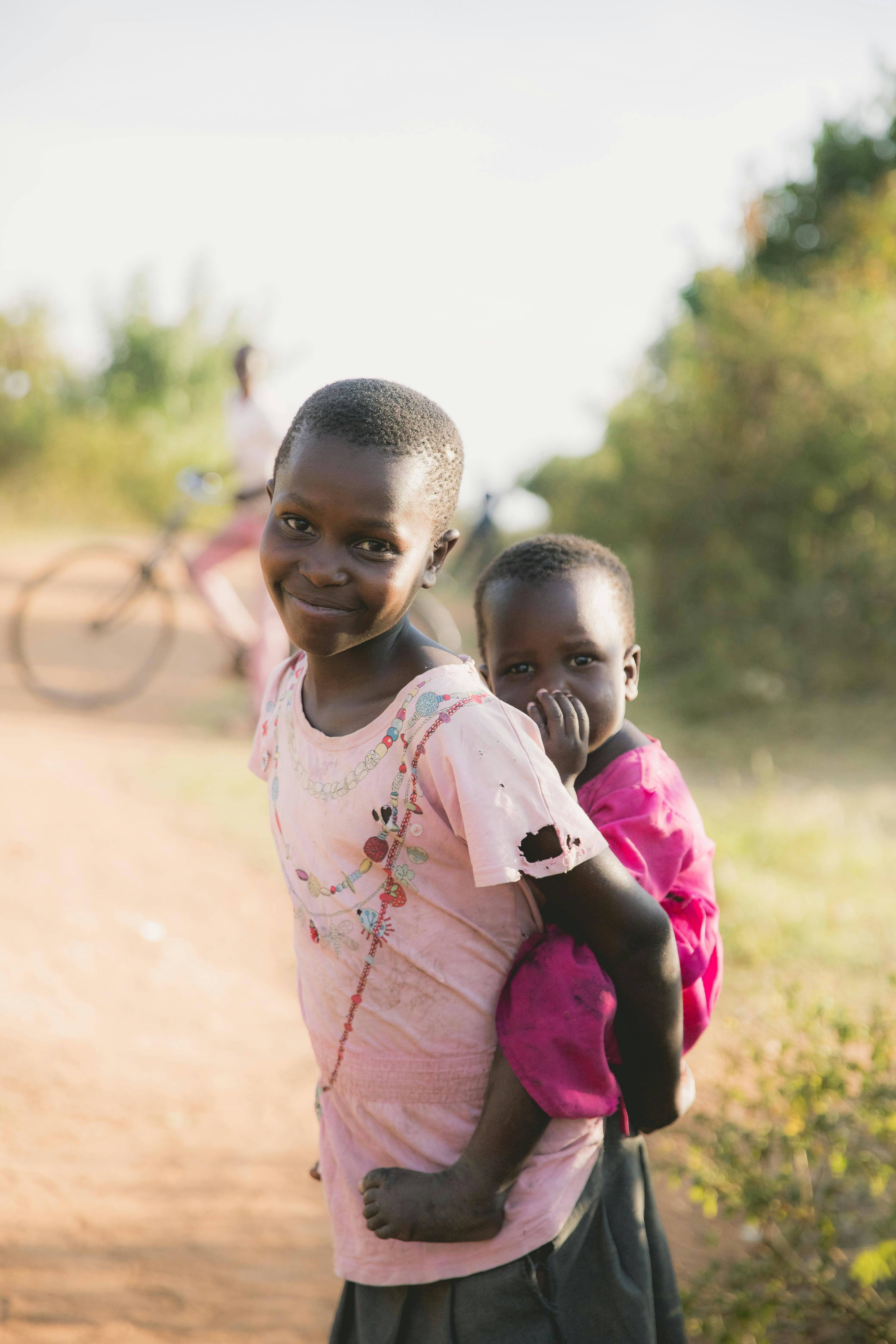Advancing Indigenous Knowledge for Global Health – Landcent at the 79th UNGA Science Summit
The 79th session of the United Nations General Assembly (UNGA) was held in NYC from September 10-28th, 2024. Global leaders convened to collaboratively address a range of complex crisis and pressing challenges of today.
The role and contribution of science in attaining the United Nations Sustainable Development Goals (SDGs) was the central theme of the Science Summit. The objective was to enable science collaborations to demonstrate how science supports the attainment of the UN SDGs and Agenda 2030.
Landcent had the distinct privilege of hosting a session at the Summit, featuring insightful panel discussions, and keynote presentations. The event also served as a platform to meet with prominent policymakers within the UN ecosystem.

Event Insights – An Overview
- Landcent hosted a session at the 79th UNGA Science Summit focusing on the transformative role of African Indigenous medical knowledge in global healthcare within the post-2030 UN agenda titled "Indigenous Knowledge for Global Health Solutions - Harnessing African Leadership, Artificial Intelligence, and Policy Development for Equitable Impact." The event took place on the 20th of September, featuring presentations, and expert discussions, drawing attention to the transformative potential of integrating Indigenous knowledge with modern healthcare solutions.
- The session marked the launch of a White Paper, presenting a policy framework for protecting Indigenous knowledge in health systems with recommendations on data sovereignty and community engagement. Developed in collaboration with key partners, this White Paper outlines a policy framework for protecting and incorporating Indigenous knowledge into national and global health systems. It includes actionable recommendations on data sovereignty, access and benefit-sharing, and engaging Indigenous communities in policy development, ensuring Indigenous knowledge is a foundational component of future healthcare solutions.
These key recommendations are intended to foster partnerships that address diseases of poverty and facilitate the integration of Indigenous Knowledge into global health systems. It is crucial that the General Assembly considers these recommendations and implements policies that enhance collaboration and innovation in healthcare for underserved communities.

Magdalena Skipper Reflects on Last Year's Inspiring Session and Joins Landcent at UNGA 79:
"Real pleasure to be here. Thank you very much for the kind introduction and of course for the invitation. I have very fond memories from last year’s session organized by Landcent around Indigenous knowledge. The session went to all sorts of wonderful directions and was an incredible source of learning for me, so thank you again!" – Magdalena Skipper, Editor-in-Chief, Nature, reflecting on her previous experience, expressed her appreciation.
- We also introduced the Bio-Heritage Initiative to integrate traditional Indigenous knowledge with modern technologies like AI and Machine Learning to create innovative healthcare solutions for underserved communities. Developed in collaboration with the University of the Free State, the initiative aims to drive healthcare innovation by combining Indigenous knowledge systems with modern technologies like Artificial Intelligence (AI) and Machine Learning (ML), particularly for diseases that disproportionately affect underserved communities. The initiative invites organizations to join as partners and collaborate to accelerate the transformative potential of co-creating knowledge across traditional and scientific domains.
- We participated in a crucial session at the UNGA 79 Science Summit titled "The Role of Africa Science Leadership: Advancing Sustainable Development in Africa," where our CEO, Arun Prabhu Stanley presented on "How Landcent Africa is leading the fight against Neglected and Tropical Diseases on the continent," emphasizing the need to increase efforts in eliminating diseases that disproportionately affect the continent, starting with malaria.
Landcent approaches this fight with a 360-degree business line focus, from innovative vector control technologies to medicines and diagnostics for early detection and treatment. Arun also highlighted the significant contributions of Indigenous Knowledge systems in addressing poverty-related diseases. The session was opened by Declan Kirrane, Chairman of the Science Summit, and Thandi Mgwebi, Group Executive at the National Research Foundation of South Africa, and featured a keynote address by H.E. Prof. Tshilidzi Marwala, Rector of the United Nations University, followed by an insightful response from Magdalena Skipper, Editor-in-Chief of Nature.
Through hosting critical sessions, launching the Bio-Heritage Initiative, and introducing a comprehensive White Paper, Landcent has demonstrated a strong commitment to cocreating health solutions with Indigenous knowledge systems and cutting-edge technologies. This collaborative effort does not only honor the contributions of Indigenous communities, but also paves the way for innovative healthcare solutions that address the pressing needs of underserved populations worldwide.

We left the summit with a renewed sense of hope and determination, inspired by the collaborative energy and the shared commitment to transforming global health through innovation and inclusivity. Together, we will keep pushing boundaries to ensure that underserved communities gain access to life-saving innovations. Health solutions are a fundamental right, essential to breaking the cycle of poverty and disease that has long hindered the progress of vulnerable communities.
More Updates
Subscribe to The Newsletter
Be the first to know—Get the latest news, discoveries, and impact stories that matter








